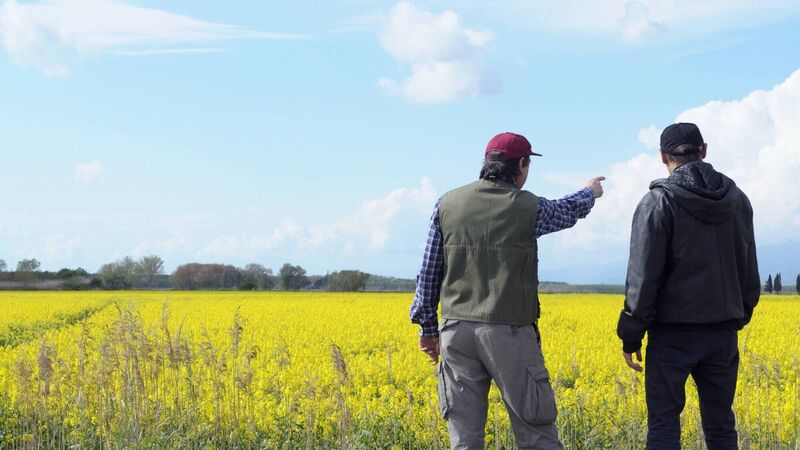Does the 1890 Act govern your farm partnership?

Farm partnerships are like marriages and, as with every marriage, at times you are going to experience conflict. You should therefore ensure you are protected in the event of a dispute. File Picture.
Try from €1.50 / week
SUBSCRIBEFarm partnerships have become a lot more commonplace. In the absence of a written agreement, farm partnerships are governed by the Partnership Act 1890.
The 1890 Act is an archaic piece of legislation, and is not specifically aimed at farm partnerships, rather at business partnerships in general. If a written partnership agreement is not thorough and comprehensive, then the 1890 Act will determine what happens, for example, in the event of a partner’s death.
Already a subscriber? Sign in
You have reached your article limit.
Annual €130 €80
Best value
Monthly €12€6 / month
Introductory offers for new customers. Annual billed once for first year. Renews at €130. Monthly initial discount (first 3 months) billed monthly, then €12 a month. Ts&Cs apply.
Newsletter
Keep up-to-date with all the latest developments in Farming with our weekly newsletter.
Newsletter
Keep up-to-date with all the latest developments in Farming with our weekly newsletter.
Newsletter
Sign up to the best reads of the week from irishexaminer.com selected just for you.
Newsletter
Keep up with stories of the day with our lunchtime news wrap and important breaking news alerts.
Saturday, February 7, 2026 - 11:00 PM
Saturday, February 7, 2026 - 9:00 PM
Saturday, February 7, 2026 - 12:00 PM
© Examiner Echo Group Limited